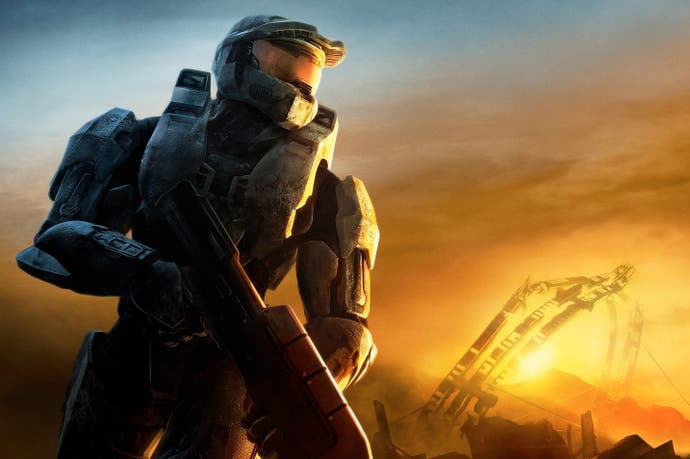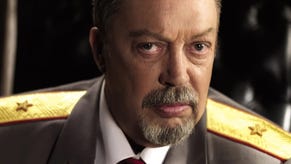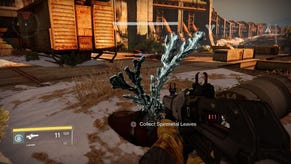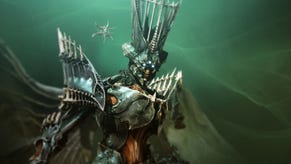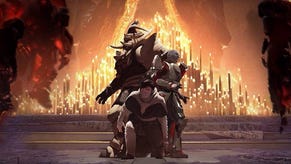The silent composer
Marty O'Donnell's departure is a shock, but also a reminder that music in games is more important than ever.
Marty O'Donnell's departure from Bungie came as a shock to many people, but one of the more unusual aspects of the reaction was what he actually did for the Destiny and Halo developer. We're used to storytellers and game designers attracting attention when they leave or are dismissed, but this is the first time I can remember that a composer got fired and people realised what a big loss it would be.
Music has always mattered in games, of course. Koji Kondo's Super Mario Bros score was designed to be endlessly repeated during the same short game without becoming boring; in the end it has been repeated throughout the ages without becoming boring, and Super Mario Bros would be nothing like the same series without it.
But even though there have always been popular video game musicians and composers - like Richard Jacques, who poured so much blue sky into Sega's console games, or Nobuo Uematsu, whose work always elevated a Final Fantasy game - it still feels as though recognition of the importance of music to games has grown considerably in recent years.
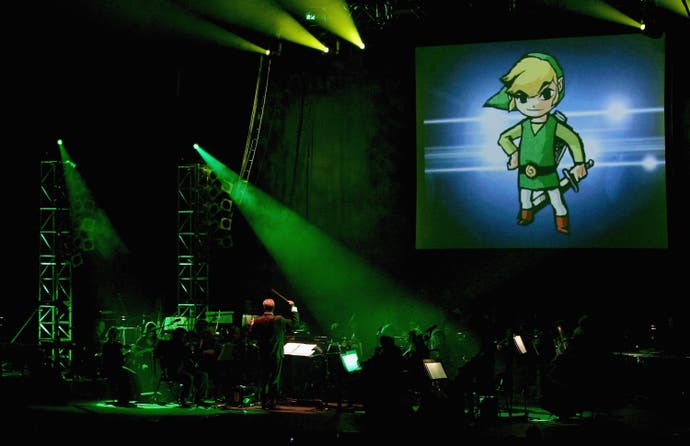
Part of that is down to the increased advocacy of game music. Things like Video Games Live and the campaign to get game music into the Classic FM Hall of Fame have come along and capitalised on the growing acceptance of games as a cultural phenomenon equivalent to any other art form. (The old masters have done well out of this, too - Koji Kondo's Zelda scores are so popular that rare live performances sell out faster than the games, and rightly so.)
But a lot of it is also down to the nature of the work itself. We're always told by game designers that games are incredibly collaborative - even Rockstar Games made this point at the BAFTAs this year when they accepted an award for "900 people" - but musicians still seem to exist a little outside of that. You always know its Jeremy Soule's hand you can feel resting gently on the Elder Scrolls' uneven heart, and you can always feel Harry Gregson-Williams' sitting next to Hideo Kojima as you start whistling Metal Gear Solid tunes while you do the washing up.
Whether it's a team or an individual behind the music, though, the music itself lives with you from the beginning to the end of a game like no other element, and the right music lifts a game and even gives it a kind of artistic authenticity that no amount of polygons, however fast-flowing or superbly tended, really can on their own. Think back to Medal of Honor. Without Michael Giacchino's score, would that series ever have felt comfortable anywhere near conversations about Saving Private Ryan or Band of Brothers?
The very fact of thinking back is another thing. Video games are all about taking you to places - whether it's a fictional game world or just a mental place - and music has an unparalleled capacity to transport you to moments in your past. We can always get excited about amazing graphics, iconic characters and brilliant mechanics, but you have to rummage around in your memory to drag them out, whereas I could put you back on the save-game bench in Ico within a couple of bars. Without the music, so much of these games' lasting appeal would be lost. Will anyone remember the dubstep level in Far Cry 3 in 15 years' time? Apart from whoever does the accounts for Skrillex?
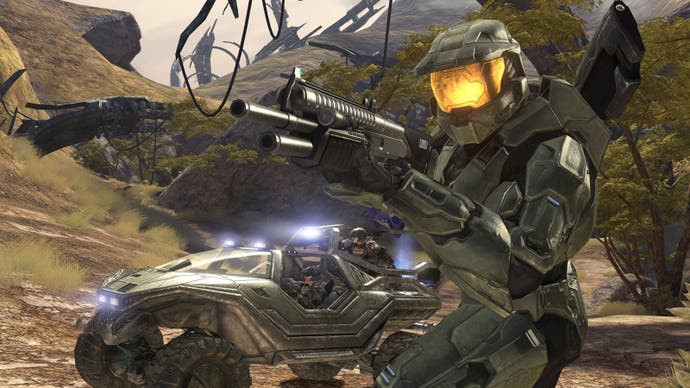
Music hasn't just raised everyone's games, either - it has evolved with them as well. Early game music was so effective that chiptune became its own recognised genre, but as technology has moved on, musicians have used it for far more than just elaboration and greater ambition in the basic arrangements; they have embraced the interactivity of the form, too, working closely with the player's actions to help define the mood.
You might say this found its ultimate expression in games like Guitar Hero, where the player's performance and the music became completely symbiotic, but I prefer to think of games like Rez or Beat Sneak Bandit, where the way the score swells or breaks down in response to your actions feels like more of a collaboration; where the right actions and the right music together become something closer to a performance. Pocketwatch Games' superb heist caper Monaco, accompanied by Austin Wintory's vaudeville piano score, is another great example of this that we talked about just the other day. "I can genuinely imagine the pianist sat somewhere in the darkness behind me as I inch through the game," wrote Chris Donlan. "I'm watching the screen, and the pianist's watching me."
It makes you wonder what else music has to offer games that we don't know about yet, and perhaps that will be an unexpected benefit of Marty O'Donnell's departure from Bungie, once things have settled down and he's truly moved on. Having spent much of the last two decades making the adventures of a quiet green space marine and his purple computer lady that much more affecting, perhaps he will set himself up somewhere else, with another talented group of programmers, artists and designers, and find new ways to play sherpa to the overflowing emotions we experience climbing these mountains of interactive entertainment.
One thing's for sure, though - he won't be short of suitors.
